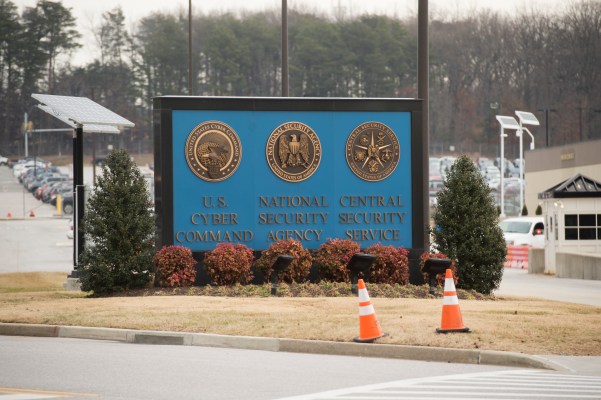Russia has been blamed for shutting down power grids, hacking into critical systems, and more recently launching a massive misinformation campaign aimed at meddling with past and upcoming elections.
Now, the U.S. is striking back ahead of the midterm elections in an unconventionally gentle way.
U.S. Cyber Command, the military wing tasked with offensive cyberoperations, is directly reaching out to Russian trolls to warn the state-backed spreaders of false news that the U.S. is watching. It’s the command’s first cyberoperation since Obama-era rules governing offensive operations were relaxed, according to The New York Times which first broke the story, which now allows the U.S. government to strike back at foreign adversaries believed to be involved in conducting espionage or launching cyberattacks.
The plan involves reaching out to known Russian operatives and telling them that they know who they are and what they’re doing. The subtle message is, “we’re watching, so back off.”
Specific details of the plans aren’t known, like how the U.S. is contacting those on its watchlist — whether it’s a friendly email or sliding into their Twitter DMs. But the operation sends a strong enough message without sparking an escalation in what are already tense diplomatic relations between the U.S. and Russia.
A Cyber Command spokesperson wouldn’t comment on the operation, but noted that U.S. government leadership “has made it clear that it will not accept any foreign interference, or attempts to undermine or manipulate our elections in any way,” and this includes the government’s efforts “to protect election infrastructure and prevent malign, covert election influence operations.”
The operation, launched in the last few days, comes hot on the heels of a Justice Department “name and shame” indictment of a Russian national Elena Khusyaynova, charged Friday with interfering with the midterm elections. Khusyaynova, a St. Petersberg resident, is accused of serving as the chief accountant of “Project Lakhta,” a well-funded Russian effort — largely online — to meddle in elections by spreading misinformation and propaganda. Although there’s almost no chance that Russia would extradite Khusyaynova to face justice in the U.S., the indictment limits the ability of the accused to travel outside of Russia.
It’s not the first time U.S. Cyber Command has targeted its enemies overseas. The division launched offensive “cyber bombs” against operatives of the so-called Islamic State terrorist group in an effort to disrupt and freeze their infrastructure. The mission, however, was not seen as a success.
